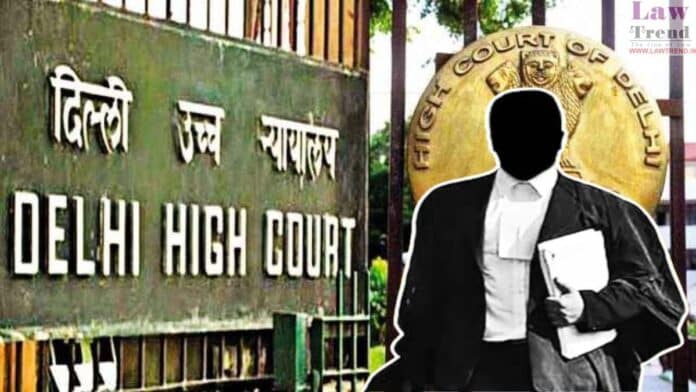The Delhi High Court has emphasized that litigants cannot entirely absolve themselves of responsibility for tracking the progress of their legal cases after engaging counsel. The court dismissed a writ petition filed by Rahul Mavai, citing an inordinate six-year delay in filing and an unconvincing explanation for the lapse. The judgment was delivered by a
To Read More Please Subscribe to VIP Membership for Unlimited Access to All the Articles, Download Available Copies of Judgments/Order, Acess to Central/State Bare Acts, Advertisement Free Content, Access to More than 4000 Legal Drafts( Readymade Editable Formats of Suits, Petitions, Writs, Legal Notices, Divorce Petitions, 138 Notices, Bail Applications etc.) in Hindi and English.




